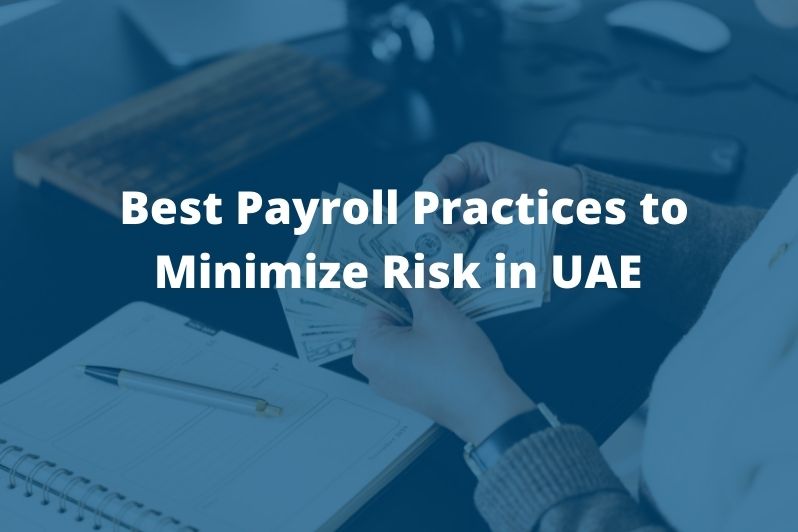We spend a lot of time extolling the virtues of outsourcing payroll. Then again, we’re a payroll company, so you probably wouldn’t expect anything else. But what about a more balanced view?
The Chartered Institute of Payroll Professionals (CIPP) is able to help with that. Back in 2021, it approached experts on both sides of the payroll outsourcing/in-house fence for their thoughts.
In this post we summarise the key talking points, but the original article is well worth reading in its entirety. You can find it here.
Should my company outsource payroll?
The decision to move from in-house to outsourced has always been one of balancing the business case. In one corner is the issue of control. Those interviewed valued the ability to dip back into their payroll and make quick changes when it was kept in house. They also warned of ensuring the longevity and security of the payroll provider when considering outsourcing to avoid the risk of disruption should they stop trading.
For those in the firmly pro-outsourcing corner, the key points were the potential to reduce costs, to remove a “single point of failure” within the business (that is, the risk of the whole process collapsing when the chief payroll processor is away) and the time benefits of no longer needing up-to-date payroll expertise in house.
As one contributor noted:
“One of the big reasons that I see businesses outsourcing their payroll is to free-up time for their current resources. We have had employers with seventy employees where the payroll was previously done by HR due to limited knowledge on payroll legislation. [Outsourcing] ended up saving finance three days a month as well [delivering] an improvement in the post-payroll reports that were produced.”
Key considerations for outsourcing payroll
Cost was the inevitable key consideration here, and interviewees stressed the need for comparisons to be realistic. That requires an understanding of the real costs of keeping payroll in house:
“It’s not just the price of the software or the wages of the payroll team; it’s also the time spent processing payroll, the time spent fixing mistakes, the cost of bad employee experience, the risk posed by a single point of failure. For many organisations, outsourcing will be more cost-effective.”
Key considerations to bringing payroll in house
It’s not something we focus on too often (for fairly obvious reasons) but the article also asks what companies need to think about when bringing their payroll back in house after being outsourced.
The main issues here were:
- The need to recruit or upskill to take on a role that may have been outsourced for so long that you no longer have the in-house skills to do it
- The risk of ‘in-housing’. As one interviewee notes: “the pandemic has highlighted just how vulnerable [many organisations’] payroll operations are – with many struggling to keep people paid accurately and on time.”
- Cost
Could payroll outsourcing help you cut costs and reduce risk? To find out, talk to us about your payroll needs.




